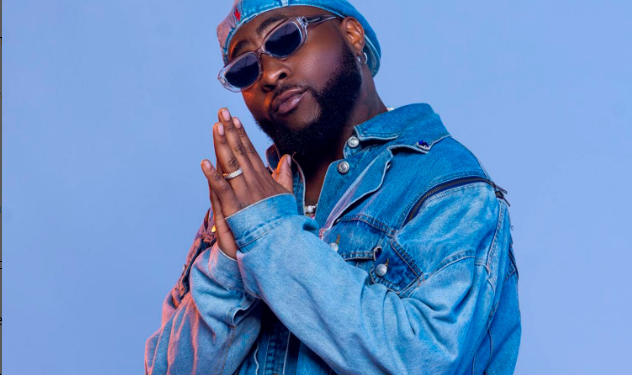Renowned Nigerian musician Davido recently raised a powerful point at the Elevate Africa leadership event, addressing the glaring lack of world-class arenas in Nigeria. His frustration reflects a broader sentiment among African creatives, business leaders, and event organizers who are consistently confronted with limited infrastructure to showcase their talents and culture.
This lack not only stifles local expression but also forces reliance on foreign validation—a dependence that continues to undermine Africa’s aspirations for self-sufficiency and global competitiveness.
Davido’s personal account of booking the iconic Madison Square Garden (MSG) in New York underscores the persisting stereotypes about African audiences. The initial hesitation from the venue’s management about hosting a large African crowd speaks volumes about the biases that African artists and events still face.
Yet, Davido’s triumphant sale-out of the venue not only shifted these perceptions but demonstrated the growing global appetite for African talent. This success should be a source of pride for the continent, but as Davido himself lamented, it highlights an inconvenient truth: why should African artists have to prove their worth in foreign arenas when Africa has the potential to build venues of equal or even greater grandeur?
Davido’s appeal for Nigeria to invest in modern arenas goes beyond the music industry. It is a clarion call for infrastructure that reflects African excellence, not just for concerts but for sports, conferences, and other cultural events that can drive tourism and economic growth.
Currently, most high-profile events in Nigeria are hosted at venues like Eko Hotel in Lagos. While Eko Hotel is undeniably iconic, relying on a single venue for the vast array of events taking place in a country as large and diverse as Nigeria is limiting and unsustainable.
Africa’s creative and cultural renaissance deserves more than just token spaces for expression. The development of modern arenas across Nigerian states would create platforms that amplify African voices on African soil, reducing the need for Western approval to legitimize success.
These venues would provide world-class infrastructure, allowing artists, athletes, and leaders to showcase their talent and ambition in a fitting environment. Moreover, modern arenas would boost local economies by attracting international events, driving employment, tourism, and business opportunities.
In truth, Davido’s appeal is not just about infrastructure. It’s about the broader need for Africa to build systems that support its talents, industries, and people. His call for Nigeria to develop world-class arenas is a metaphor for the larger African dream—one of self-sufficiency, excellence, and pride in what we create. While filling international venues like MSG is a notable achievement, the goal should be to create homegrown opportunities for global impact.
Davido’s words have sparked an important conversation about Africa’s potential, and the time is ripe for governments, investors, and private stakeholders to step up. The infrastructure gap can no longer be ignored if Africa is to truly lead on its own terms. Investing in world-class arenas is just one step in the right direction toward elevating African excellence, but it is a necessary one. The talent is here; it’s time the infrastructure caught up.






































Discussion about this post